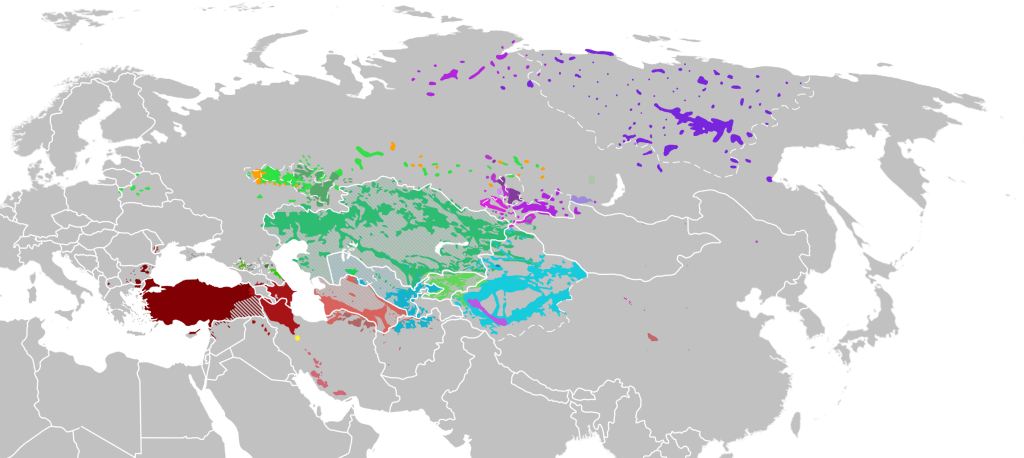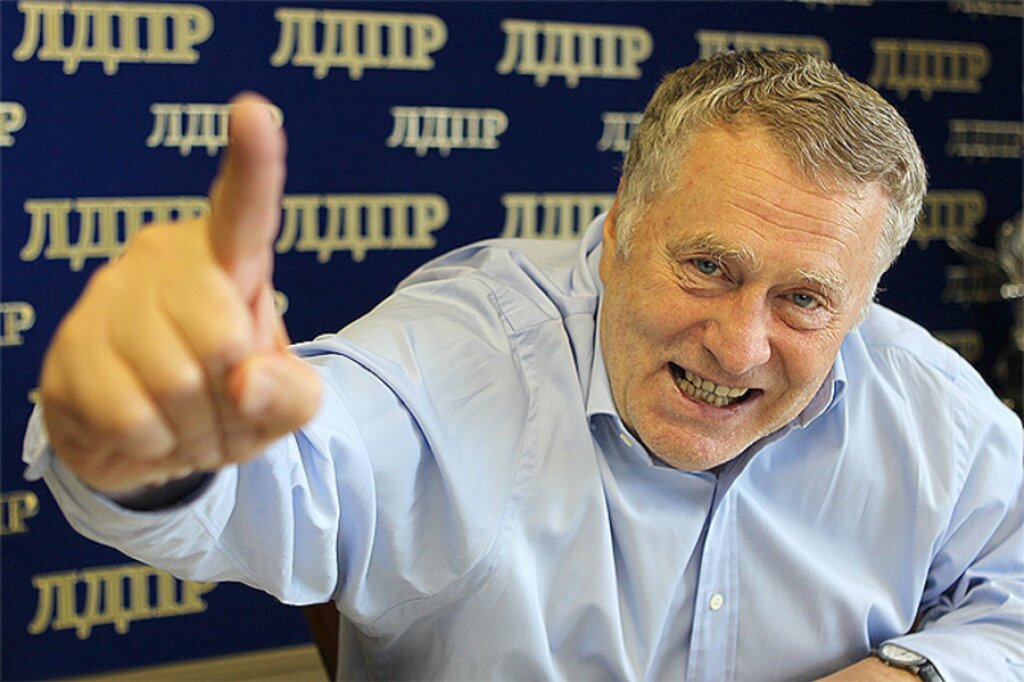Lana Belenkaia is a Master’s student in the Russian and Slavic Studies program at New York University.
Is it possible to write poetry in an oppressor’s language, to choose one’s linguistic medium? These questions troubled writers and poets forced to leave their countries at the beginning of the last century. A century later, they are once again gaining relevance.
For Soviet poet, translator, jazzman, dancer, and choreographer Valentin Parnakh (1891–1951), the search for language became the backbone topic of his life and work. He was born in the Azov Sea port of Taganrog to a “Russified” Jewish family, as he notes in his posthumously published memoir, Pension Maubert. Nonetheless, his Jewish identity was crucial for him from childhood forward. Even his first short poem, written at the age of nine, was dedicated to the plight of Jews.
Parnakh’s interest in poetry soon drew him to St. Petersburg. In 1910, after graduating from his local gymnasium with a gold medal, Parnakh managed to enter the Law Faculty of St. Petersburg University, one of only 45 Jews admitted under strict tsarist quotas. In a year, he transferred to the Faculty of History and Philology, where he continued to pursue poetry and also studied music under the direction of composer Mikhail Gnessin (1883-1957) and dance under theater director Vsevolod Meyerhold (1874-1940).
In 1915, Parnakh left Russia for Paris, where he spent six years developing his art. During this period, he published three poetry collections, featuring illustrations by prominent modernist artists like Mikhail Larionov, Natalia Goncharova, Lado Gudiashvili and Pablo Picasso. He also organized one of the first émigré literary groups, the Chamber of Poets, and became close with representatives of the European Dadaist movement.
During his time abroad, Parnakh constantly faced the question of choosing a new language for his poetry. A major reason for his departure from Russia was the frequency of pogroms and growing antisemitism. Parnakh, understandably, did not want to write in the language of a people he associated with antisemitic persecution. In Paris, he tried to write in French, completely abandoning his native language. However, to his own horror, he discovered that Russian was the only language in which he could freely write. Despite having a native command of French, he found his poetic and writerly intuition unfit for the task of writing French poetry. Like Russian, French also came to be associated in Parnakh’s mind with a different trauma: that of emigration. He could not forego the tendency of identifying a language with a particular geographical and historical referent, so he found himself in a trap of his own making: he did not belong to any country and could not call a single language “native.”
Parnakh describes this quandary in Pension Maubert, which he wrote after returning to Russia in 1922. Unpublishable at any point during the Soviet era, this volume appeared only in 2005 in the Diaspora series by the Paris- and Saint Petersburg-based press Atheneum-Feniks.
Parnakh performed a feat incredible for the time: he traveled back and forth between Russia and Europe. The first return was in 1922, when he was homesick and yearning for Russian literary life. Like many Russian Jews, Parnakh believed that Soviet nationalities policy would result in more humane treatment of the former Empire’s Jewish citizens. It did not take long for him to grow disillusioned, however. In 1925, he managed to secure financial support from Meyerhold and traveled abroad as a representative of the Soviet theater. However, the two men soon fell out, which led to Parnakh losing Meyerhold’s support and having to return to the Soviet Union in 1931 for want of funds. He remained in the USSR until his death in 1951.
Pension Maubert, a fragment from which I present below, is difficult to classify generically, representing something between an experimental memoir and autofiction. At the same time, these memoirs encapsulate Parnakh’s very personal experiences of his homeland, his national identity and poetry, his harsh criticism of tsarist Russia, and his descriptions of the First World War in Paris. These portions of the text exist alongside entirely invented elements—fictitious people and locations, including the titular pension.
The following fragment is taken from the fifth chapter of the memoir, which argues that one way out of the dilemma of choosing a language might be to understand language phonically. Parnakh transforms languages into pure sound, attempting to create an individual system of expression, transcending geographic and historical boundaries. In his search for a new language, and, more broadly, a proper medium, Parnakh reads poetry in 11 different languages and concludes that all languages emerge from a common source or logic.
In true Dadaist fashion, he attempts to overcome a purely communicative understanding of language, instead emphasizing its phenomenological and purely phonic dimensions. This approach leads him to a unique musical and transmedial apprehension of language that brings it into dialogue with other artistic forms, especially jazz. In this lyrical passage, Parnakh displays his interest in phonosemantics, the study of the meaning of phonemes, or sound itself. He plays with sequences of sounds and things and also creates evocative ways of conceptualizing exactly what he is doing.
Fragment from Parnakh, Valentine. Pension Maubert. Atheneum-Feniks, 2005, pp. 63–64. Translated by Lana Belenkaia.
The initial fury of the foxtrots has given way to the beautiful slowness of the blues. In the depths of the saxophone, mortal regrets are dying down. In this music, a difficult tenderness, finally rescued from the cruelties of our youth. The muffled cry, the call of the saxophone - all the melancholy of our age, ennobled by this trumpet. What a matte, restrained sound in this metal shell! Its moan - prolonged my existence.
*
I plunged not only into the darkness of the Inquisition and into the sounds of words, but also into the depths of the underwater night. I opened the hatches.
I wanted to name everything I love and everything I don't have. Pierce, dive! Polyps, reefs, madrepores, amphibians, mollusks, sponges, anemones, stars, jellyfish, leeches, shells, lobsters! I am lost in the jungle of the seas. Piles, oddities: pincers, tentacles, antennae, armor, shields! I'm suffocating in these thickets! Animals or plants? Imprints of plants on stones, imprints of our sorrows. Here are bones, vertebrae, hearts. Here layers of charred worlds perished. Here layers of charred worlds perished. Skeletons, bones, living mummies. Burnt, petrified, turned to lime and ashes, like myself. A picture of my torture! Here it no longer hurts me to contemplate my collapse.
Eil naufragar me dolce in questo mare.
(It’s sweet for me to drown in the darkness of a submerged night).
No, I’d like to tear, chew, eat. I have to make, overcome, prolong, reproduce.
To throw oneself on the reefs, to stick to the polyps, to join the colonies of the madrasahs.
Let my two hearts beat. See with four eyes, like sea worms-nereids. Hover as a flying fish, as a free floating body. Go to the bottom, stand straight up. Live in the depths and on the tops. To be reborn in this thalassocracy. To be everywhere at once. To fertilize Spaniard Concepcion – Conception through her diminutive Concha – Shell. To illuminate the sorrows of Dolores – Sorrow her shining face, reflected in the diminutive – Lola. Embrace Pilar – Pillar, populate Sóled - Solitude, comfort with Consuelo – Consolation.
Sea, Marina, Mariola, your lights are clams. Let’s go into these flocks of luminous animals! Let's shine with this phosphorescence!
Don’t you see? The sea is full of languages and idioms, born, combined in seductive combinations, in this world of cells and molecules. Sparkle and sound. The syllabaries are pressed to the roots. Words, roots interweave, syllables build and combine, endings complet pleasure. The consonants are like tentacles. The vowels are shortened, opening for conception. Nouns and verbs are reproduced in cases and tenses. Ancient insects - letters - make up the alphabet. The humid sounds of Roman languages add even more tenderness to the sea and illuminate the night waters.
Here I would like to, underwater night, breathe through your hatches. To touch your tentacles, to let your leeches drink my blood, to pluck up your thickets, to pierce through your undergrowth, to penetrate your subsoil, to kiss your leaf, to soak into your depths.
To scream my last…



